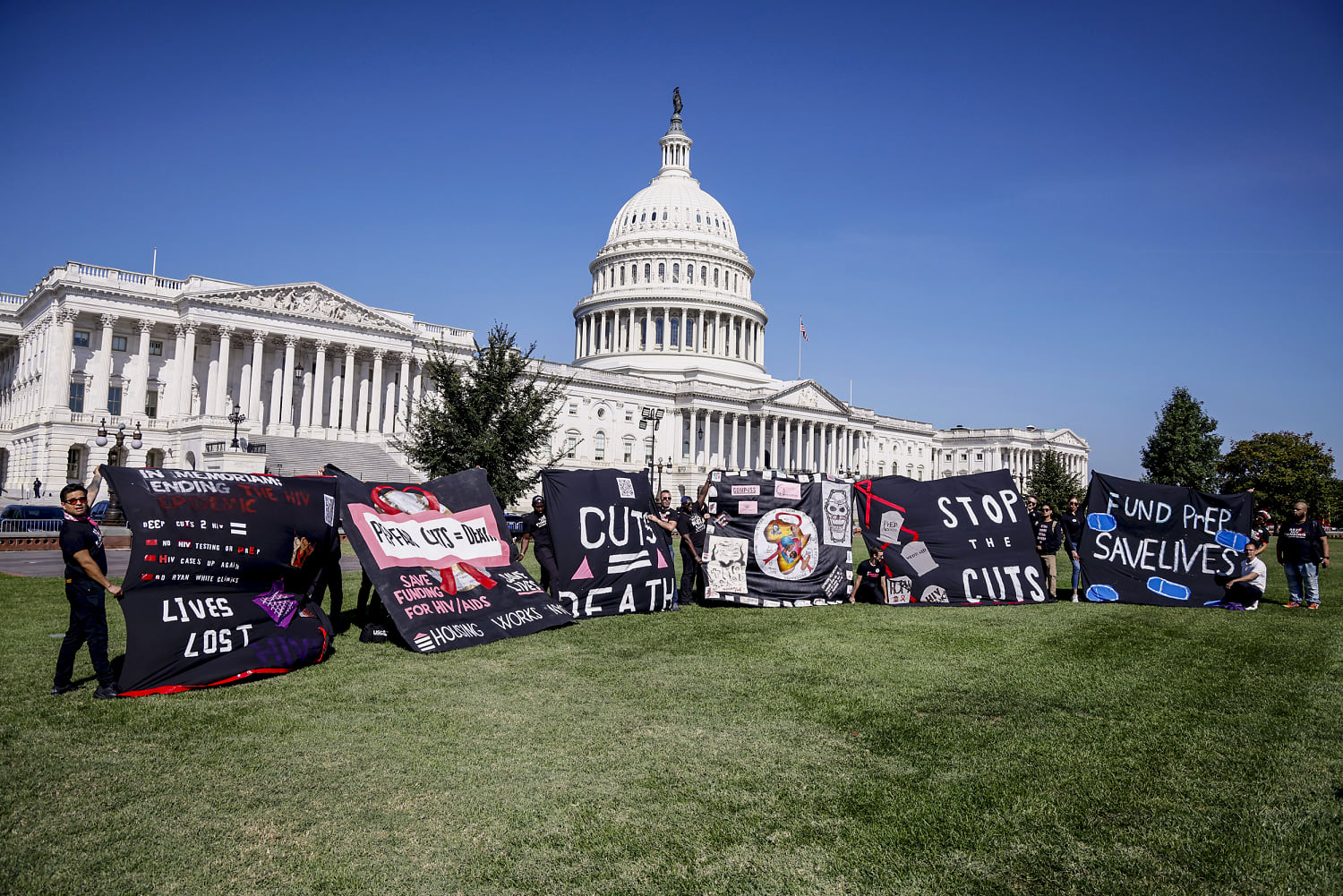

Marrying a first cousin is presently legal in Britain. Conservative Member of Parliament Richard Holden has, however, introduced legislation that would ban the practice, which has been linked to genetic disorders, higher infant mortality, and mental retardation.
"This is not about faith or race," Holden noted earlier this year. "It's about integration, fundamental liberty, and health."
The proposed ban has caused a great deal of hand-wringing among liberals and Pakistani activists, who figure it is "prejudiced" against the Pakistani community, where cousin marriage is widespread.
The National Health Service's Genomics Education Programme recently caused an uproar by adopting this framing and spinning incest as a possible social benefit.
In a Sept. 22 blog guidance that was recently deleted, the Genomics Education Programme noted that "marriage between first cousins, known as consanguineous marriage, has been practiced for centuries across many cultures — often seen as a way of preserving family wealth, strengthening social ties, and maintaining cultural traditions."
The health authority acknowledged that because first cousins share around 12.5% of their genes, the linked likelihoods that they will both carry the same genetic variants and together have children born with a genetic disorder are greatly increased.
'The NHS won't say a word against cousin marriage.'
Congenital anomalies are a leading cause of infant death in the United Kingdom. In a 2013 study published in the Lancet, researchers investigated why rates of infant death were highest in children of Pakistani origin.
The researchers found that whereas less than 1% of babies of white British natives were born to first cousins, 38% of babies born of Pakistani residents were inbred. The researchers concluded that incest was associated with a doubling risk for congenital anomaly and that "31% of all anomalies in children of Pakistani origin could be attributed to consanguinity."
A 2022 study published in the peer-reviewed journal BMC Women's Health noted that "presently, consanguinity is widely popular and respected in many communities, particularly in Muslims. Pakistan ranks amongst those countries, where the highest prevalence of consanguinity is still in vogue."
RELATED: UK government makes digital ID mandatory to get a job: 'Safer, fairer and more secure'
 Photo by Christopher Furlong/Getty Images
Photo by Christopher Furlong/Getty Images
The study noted that over 63% of marriages in Pakistan were between blood relatives as of 2018 and that "the popularity of consanguineous unions is not declining in the country, because of social, cultural, religious, and economic advantages, which outweigh the disadvantages given the population."
Pakistan is rife with genetic disorders largely as a consequence of inbreeding — a problem that appears to have been exported to the United Kingdom.
'Incestuous arranged marriages apparently now represent the leading edge of progressivism.'
Professor Sam Oddie, a consultant neonatologist and researcher at Bradford Teaching Hospitals, told the BBC earlier this year that severe genetic disorders, in many cases fatal, were happening more often in Bradford, England — where over 25% of the population is Pakistani — than elsewhere.
Despite the health risks for the children of first cousins, the NHS' Genomics Education Programme suggested in its deleted blog guidance both that the increased risk "is a small one" — an increase from a likelihood of 2%-3% to a likelihood of 4%-6% — and that first-cousin marriage has "various potential benefits, including stronger extended family support systems and economic advantages."
In addition to painting a silver lining on incestuous marriages, the health agency concern-mongered about "stigmatizing certain communities and cultural traditions."
Conservative Member of Parliament Claire Coutinho responded to the guidance, "The NHS tells you (a lot) not to smoke or drink during pregnancy. But the NHS won't say a word against cousin marriage."
Dr. Richard H. Ebright of Rutgers University wrote, "Incestuous arranged marriages apparently now represent the leading edge of progressivism. Almost as progressive as transvestite marriages."
A spokesman for NHS England told the Telegraph in a statement, "The article published on the website of the Genomics Education Programme is a summary of existing scientific research and the public policy debate. It is not expressing an NHS view."
"Some critics say a ban would infringe upon people's freedom — but what freedom are we protecting? The reality for so many is a life predetermined by bloodline and birth order. We are not protecting a freedom; we are perpetuating oppression," Holden said during a June debate in parliament. "Let us not forget that most cousin marriages are not one-offs. In some cases, they are multi-generational. With each generation, the chance to choose diminishes further. The net tightens and lives are lost in the gaps."
Like Blaze News? Bypass the censors, sign up for our newsletters, and get stories like this direct to your inbox. Sign up here!
.png)
 1 hour ago
1
1 hour ago
1













 English (US)
English (US)